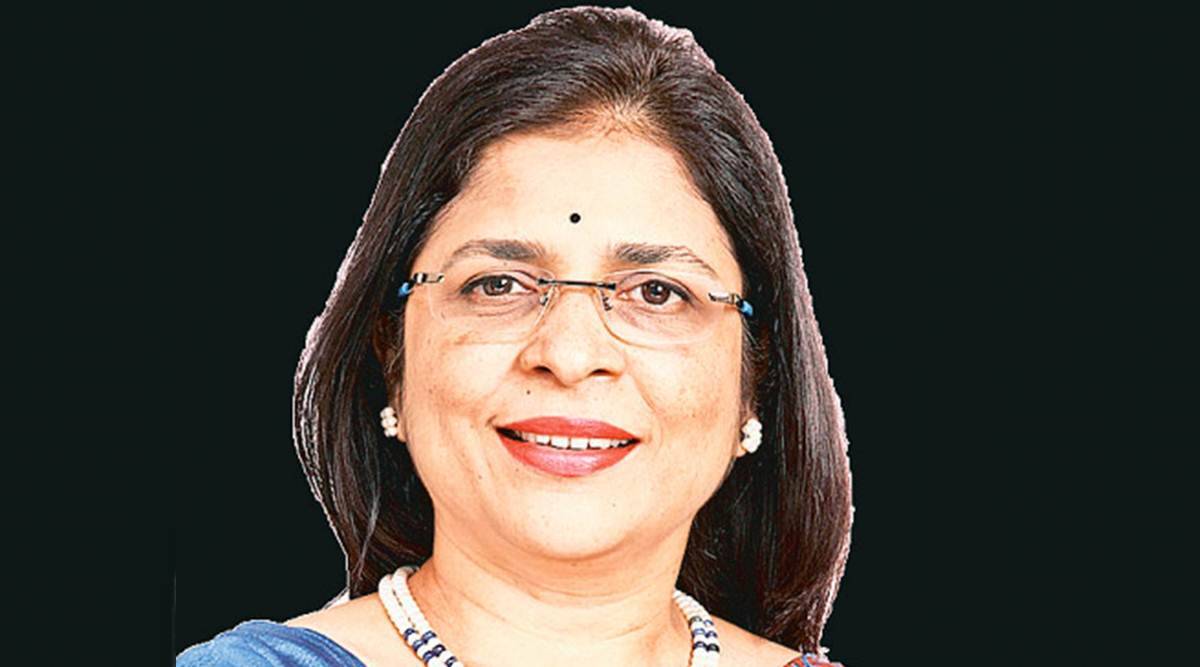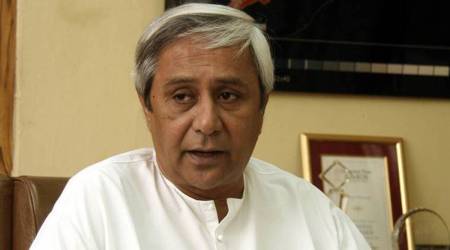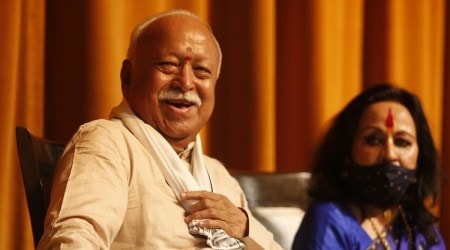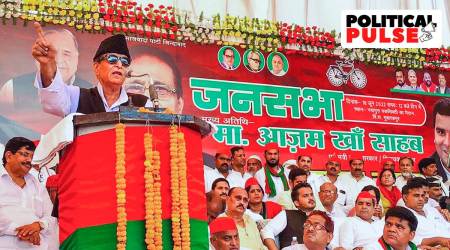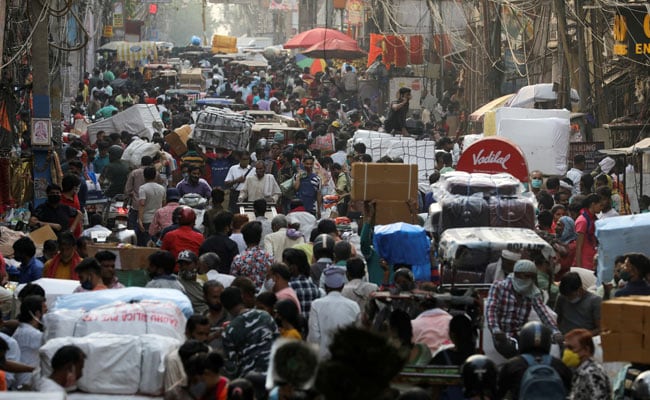[ad_1]
Rising inflation has emerged as a key concern all across as it eats into disposable incomes of individuals. Vibha Padalkar, MD and CEO, HDFC Life, told Sandeep Singh that if the inflation is prolonged then it will start hurting demand for savings products too. Stating that the premiums should stabilise now, she also called for the regulator to permit life insurance companies to sell health indemnity as that will allow them to offer innovative solutions to customers. Edited excerpts:
How is inflation hurting the industry and what is the impact of interest rates?
Inflation remains a big concern as it has a bigger impact since it eats into the savings and reduces the disposable income. As disposable incomes reduce, customers react by going for slightly smaller cover or by not covering everyone in the family, etc. If you see the industry numbers, the impact is not much as of now. While there has been some impact on term, it is not so much on savings. However, if inflation is prolonged then it will start impacting savings products too.
As for interest rates’ rise, it is reasonably positive for us. Our transmission is faster and we can pass higher annuity rates. However, the volatility in equity markets is a downside. I think that of the other options to save, insurance continues to do well. The saving quantum itself is, however, reducing.
🚨 Limited Time Offer | Express Premium with ad-lite for just Rs 2/ day 👉🏽 Click here to subscribe 🚨
The industry has witnessed a rise in premium. Do you see it stabilising now?
The premiums have risen mainly for term policies and the rise has been because of pandemic. Even as there is a lot of talk around rise in premiums, I would like to state that the increase in premium over the last 10 years is less than inflation. Reinsurers have suffered huge losses because of pandemic and if they raise the charge, it is difficult not to raise it. I think, it should stabilise now.
How have Covid death claims been for you?
We have settled claims amounting to over Rs 6,000 crore in FY22 but it has now eased off. We settled close to about 4 lakh claims with gross claims of around Rs 6,000 crore and net claims of Rs 4,300 crore. As a sector I would say that even as it was significantly higher, we paid so many claims without looking too much into the clause I believe that money is important if it is timely. For almost all our non-early claims (if the policy has completed 3 years) we paid within 24 hours or max 48 hours.
While this was for saving schemes, it took around 3 months for term policies as we need to check pre-existing etc and physical checks are required to be done by local field investigator.
Are life insurers getting permission to sell health indemnity?
We have been demanding the regulator to allow us to sell health indemnity but it hasn’t been permitted yet. Our point is that worldwide health sits closer with life than with motor. However, for some reason, general insurers in India are selling health whereas life insurers are not allowed to sell it. That is not logical. We used to be allowed to sell health, but it has been taken away.
My limited point is that life insurers have the largest touch points with their branches and network, but you are not alllowing us to sell. I think the focus should be on penetration of insurance and expansion.
As of now, nothing has moved. We even asked the regulator to allow us to distribute, if you don’t allow us to manufacture. Today, banks can distribute insurance but life insurers can’t distribute health. It doesn’t make sense.
We submitted it almost 18 months ago and the regulator has said that they will look at it. I stay hopeful.
When you say innovations are possible, if you are allowed, what could they be?
Innovation can’t happen if one key piece is missing. For example: When someone is young, he needs more life insurance. Suppose a person is paying Rs 60,000 as premium, I would say that until the age of 55 (nearer to retirement) we would give him maximum of life cover. After that, since he would have built savings too, we will reduce the life cover and increase the health cover. However, for the individual, Rs 60,000 premium will stay constant.
As of now we are not allowed to club various products and sell to the customer, unless we tie up with one insurer. But even that is not seamless.
What are the growth areas for the life insurance?
Growth will come with product innovation. Retirement products are another big growth area. As a nation, pension funds as a per cent of GDP is less than 5 per cent while it is more than 100 per cent in the developed world. While it is increasing, it is not at the desired pace.
People need to understand that the risk of an individual running out of money is very real because of increasing longevity.
How will the merger of HDFC Bank and HDFC limited benefit you?
It can only get significantly better. The way I see it is that today HDFC Bank is my largest distributor, but it is not my parent, so once that happens, there will be full alignment. HDFC Bank will become a financial conglomerate and will not just be a bank. It will have everything to do with any financial service products and will be the parent company of all. They will be able to tell the customer that they know them— if they have a home loan but not insurance etc so the advisory will be better.
If customers give their consent that they would like to be serviced as a single customer, they will be treated as a single customer across all HDFC Group products.
[ad_2]
Source link
For more information call us at 9891563359.
We are a group of best insurance advisors in Delhi. We are experts in LIC and have received number of awards.
If you are near Delhi or Rohini or Pitampura Contact Us Here

